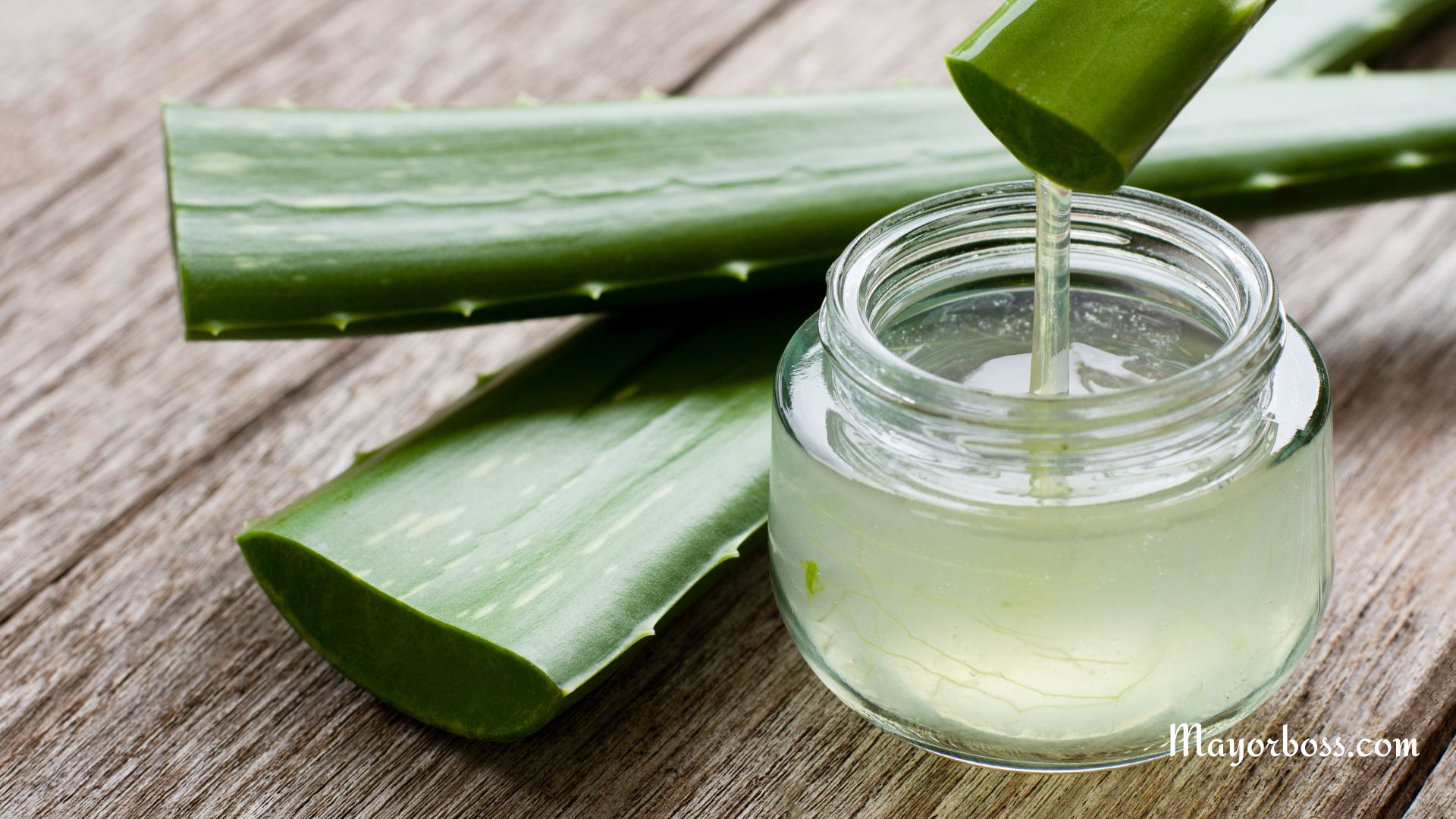Aloe Vera Allergy: Symptoms, Causes, and Treatment
Aloe vera is celebrated for its soothing and healing properties and is widely used in skincare and health products. However, like any substance, it’s possible to have an allergic reaction to aloe vera. Understanding the symptoms, causes, and treatment options is crucial if you suspect you’re allergic. This article will guide you through identifying an allergy to aloe vera and what steps to take if you have one.

Symptoms of an Aloe Vera Allergy
If you’re allergic to aloe vera, you may experience various symptoms upon contact or ingestion. These include:
- Skin Reactions: Redness, itching, or a rash at the site of application. Severe cases can lead to eczema or hives.
- Respiratory Issues: Sneezing, coughing, or shortness of breath, particularly if aloe vera is inhaled in some form.
- Gastrointestinal Distress: If ingested, aloe vera can cause symptoms like nausea, abdominal cramps, or diarrhea in allergic individuals.
- Anaphylaxis: In rare cases, a severe allergic reaction can occur, leading to anaphylaxis, a life-threatening condition that requires immediate medical attention.
What Causes an Aloe Vera Allergy?
An allergy to aloe vera, like other allergies, results from the immune system mistakenly identifying aloe vera as a harmful substance. This reaction can be triggered by direct contact with the skin, ingestion, or inhalation of aloe vera products.
Who is at Risk?
Anyone can develop an allergy to aloe vera, but those with a history of allergies, particularly to plants in the Liliaceae family (like garlic, onions, and tulips), may be more susceptible.
Diagnosis and Testing
If you suspect you have an aloe vera allergy, it’s important to consult a healthcare provider. They may suggest a patch test, where a small amount of aloe vera is applied to your skin under a bandage to observe any allergic reaction.
Treatment and Management
Immediate Actions
If you experience a mild reaction, such as skin irritation, washing the area with soap and water can help alleviate symptoms. In case of severe reactions, seek immediate medical help.
Long-term Management
- Avoidance: The most effective way to manage an aloe vera allergy is to avoid products containing it. Always check ingredient labels on skincare, health products, and even some foods and beverages.
- Medications: Over-the-counter antihistamines can help manage mild allergic reactions. For skin symptoms, topical corticosteroids may be prescribed.
- Emergency Preparedness: If you’re at risk of severe reactions, carrying an epinephrine auto-injector (EpiPen) and wearing a medical alert bracelet is advisable.
Alternatives to Aloe Vera
If you’re allergic to aloe vera but still want the benefits it offers, consider alternatives like:
- Coconut Oil: Great for moisturizing skin.
- Shea Butter: Known for its soothing and anti-inflammatory properties.
- Cucumber: Offers a cooling effect similar to aloe vera.
- Honey: Known for its healing and antibacterial properties.
Conclusion
Being aware of the potential for an aloe vera allergy is important, especially given its widespread use. If you experience any symptoms, it’s crucial to stop using the product immediately and consult a healthcare professional. With proper management and the use of alternative products, you can effectively handle an aloe vera allergy while still caring for your skin and health.
Remember, while aloe vera is beneficial for many, it’s not suitable for everyone. Listen to your body and choose what’s best for your health.






